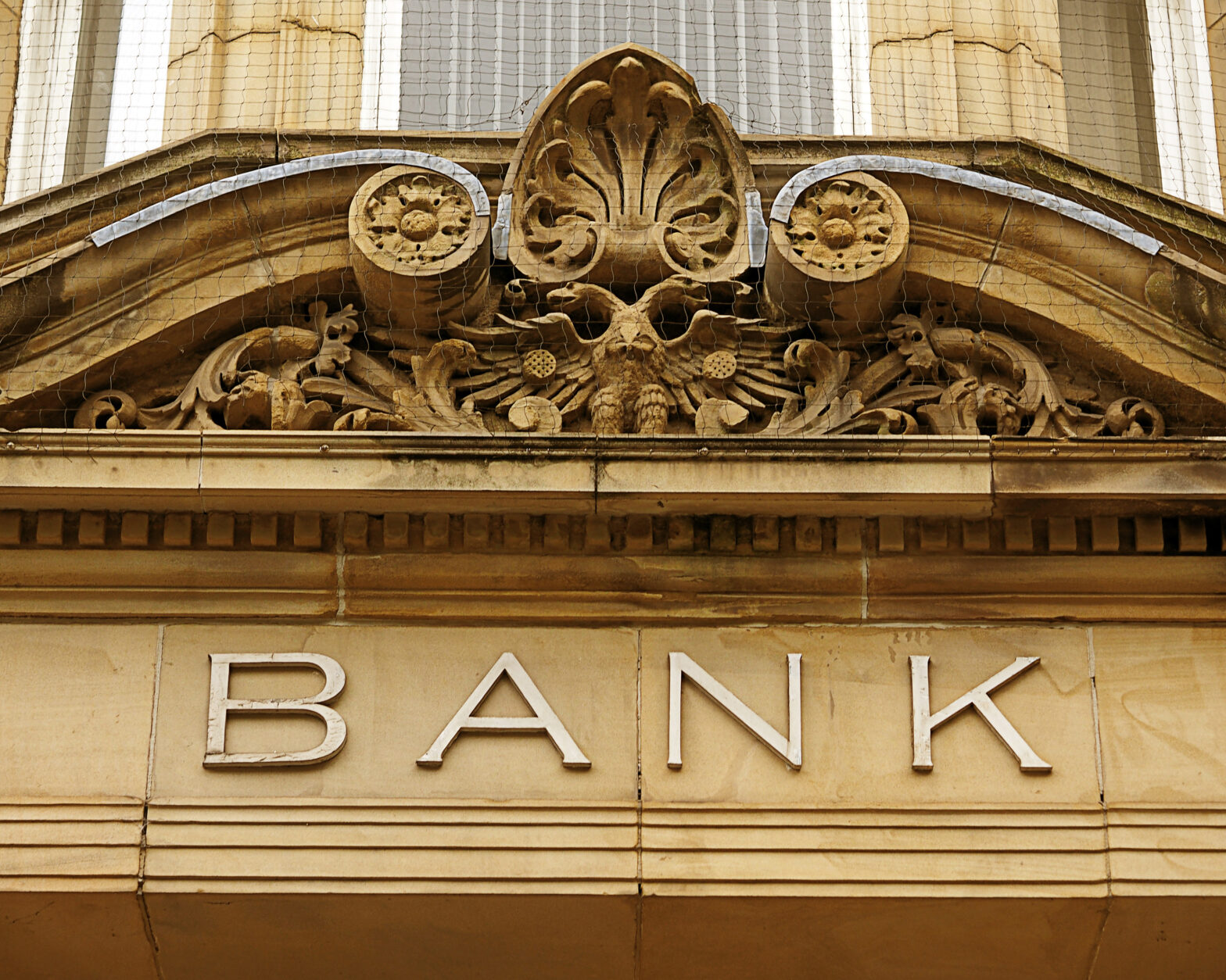The astute among readers may well have noticed that business secretary Vince Cable announced, on September 24, that government would be creating a new Business Bank with £1 billion of new funding.
He said, ‘Alongside the private sector, the bank will get the market lending to manufacturers, exporters and growth companies that so desperately need support.’ This £1 billion of funding from government, which, with additional private funding, is expected to provide up to £10 billion of funding in the longer term, has to be good news. So what can small businesses expect from this new institution?
Details have yet to be announced but I think we can be fairly sure, from what has been said already, what the Bank will not be. It is not likely to have branches in the high street, so is not going to be there for those needing cash management services and is not likely to provide overdrafts, term loans or invoice discounting direct to small businesses.
That is the function of existing banks and the new banks looking to enter the UK market. So, if you can’t pay in cheques and cash, manage your account online, or borrow money, what sort of bank will it be?
A development bank
Like most things in the world of business finance, the answer is not that simple. This new institution will be a ‘Development Bank’ and, rather than compete with the high street banks, it will work behind the scenes to help them to help their small and medium-sized enterprise (SME) customers.
It will likely act as what is known as a wholesale bank, making sure that the high street banks have access to money that they will be able to lend on to small businesses. ‘So what?’, you might say, ‘those banks have already got lots of money, they are just not lending it!’ This is where it gets a bit more complex.
Banks raise the money they need to lend from depositors like you and me, from borrowing from each other and from borrowing from big institutions (such as pension funds) on the money markets. The problem is that banks have been less willing to lend to each other and institutions have been less willing to lend to banks since the start of the financial crisis.
This is where the Business Bank comes in. It can lend to the banks to enable them to make more loans available to small businesses. But £1 billion will not go very far if it were just used to lend to the banks who would then lend it on to businesses. It would soon be used up.
Say, for example, a bank has £100 million to lend to small businesses. It lends that amount and, as the interest and capital repayments come back, it can gradually recycle those into more loans. But what if it could sell that £100 million portfolio of loans to someone else straight away and put another £100 million of lending immediately to work by lending to more SMEs?
Buying loan portfolios
That’s where a Business Bank could come in, buying up portfolios of loans to SMEs to enable the banks to recycle their money more quickly and provide greater lending for small firms.
Even better, the Business Bank could also parcel up lots of portfolios of SME loans from different banks and then sell those on to the big institutions, so it could then help the banks to lend even more!
It’s obviously a bit more complicated than that but, in principle, this is one of the things a Business Bank could do to get more lending to SMEs. But it might do even more than that. It could even take all the currently confusing mix of government schemes to help SMEs to access finance under one roof and make sure they are all working together to make the best use of scarce government resources and provide concentrated support for the SME finance markets.
It might even be able to help SMEs find their way through the maze of business finance to get the right finance to meet their needs. So, roll on the Autumn Statement in December when we will no doubt find out more about what the Business Bank will do.
See also: Five companies’ views on what banks could do better for small businesses







